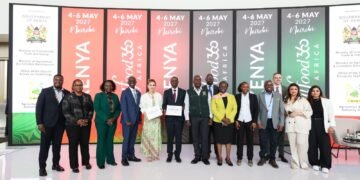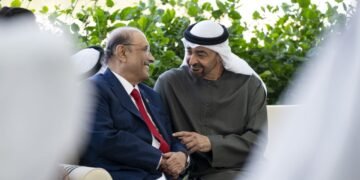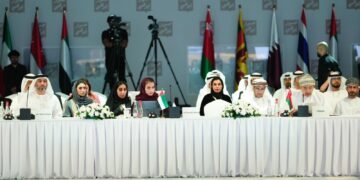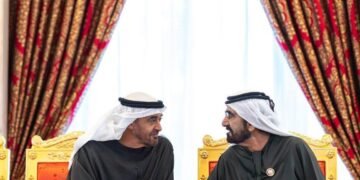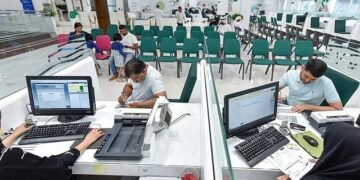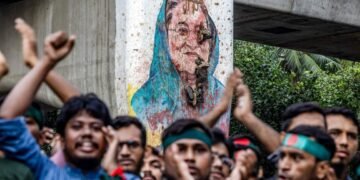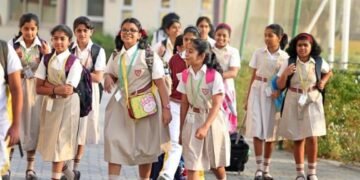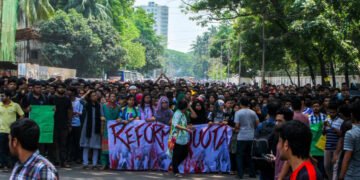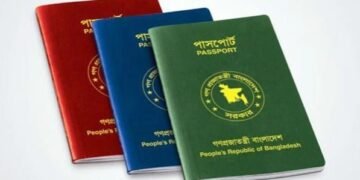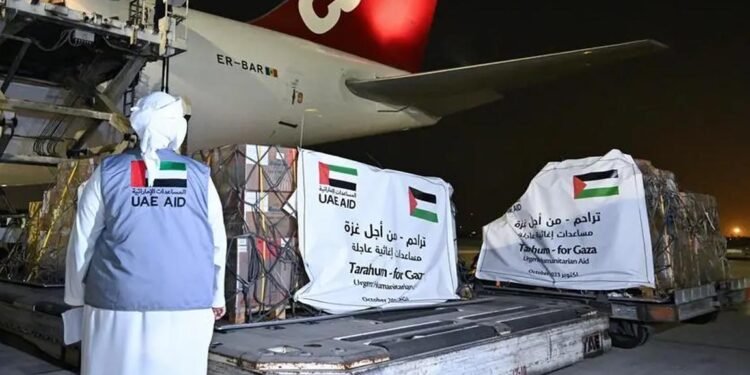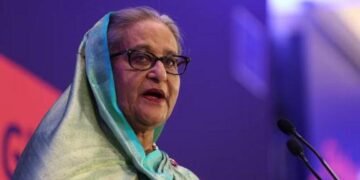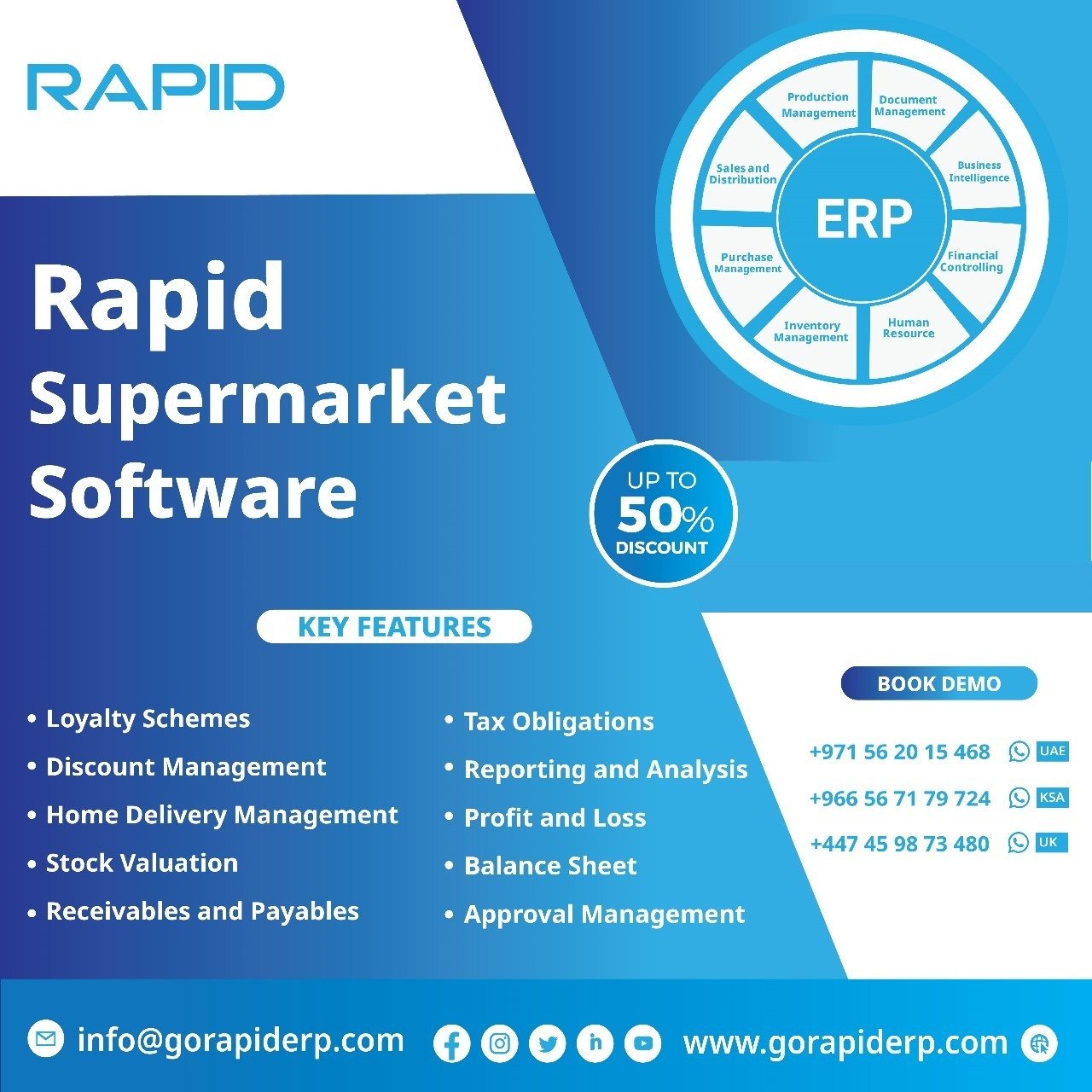Following directives by Sheikh Mohammed bin Rashid Al Maktoum, Vice President and Prime Minister of the UAE and Ruler of Dubai, the Mohammed bin Rashid Al Maktoum Global Initiatives (MBRGI) announced it has contributed Dh43 million ($11.7 million) for direct food aid in Gaza.
It is in collaboration with the United Nations World Food Programme (WFP), bringing total financial support contributed by MBRGI to the WFP to Dh230 million (over $62.6 million) since the beginning of the collaboration in 2021.
The announcement came as MBRGI signed an agreement with WFP in the presence of WFP Executive Director Cindy McCain, on the sidelines of the World Economic Forum (WEF), taking place in Davos, Switzerland between January 15 and 19.
According to the agreement, MBRGI will deliver its contribution to the WFP, for direct food aid that is set to benefit over one million people in Gaza.
MBRGI also signed another agreement with WFP, to implement sustainable food projects and deliver food aid to a wide segment of those most in need. Both agreements were signed by Mohammad Al Gergawi, Secretary General of Mohammed bin Rashid Al Maktoum Global Initiatives and Cindy McCain, WFP’s Executive Director.
The latest Integrated Food Security and Nutrition Phase Classification (IPC) report highlights alarming levels of food insecurity in Gaza, with the entire population facing crisis or worse levels of acute food insecurity. The report warns of potential famine if current conditions persist.
WFP has been providing food to people inside Gaza every day since 7 October and reached more than 900,000 people with food assistance in December.
In July 2023, a report titled ‘The State of Food Security and Nutrition in the World’, published jointly by the UN Food and Agriculture Organization (FAO), the International Fund for Agricultural Development (IFAD), UNICEF, WHO and WFP, estimated the average number of people suffering from hunger in 2022 at 735 million, an increase of 122 million people compared to 2019. The report warned of the bleak prospect of not being able to achieve sustainable development goal of No Hunger by 2030.









